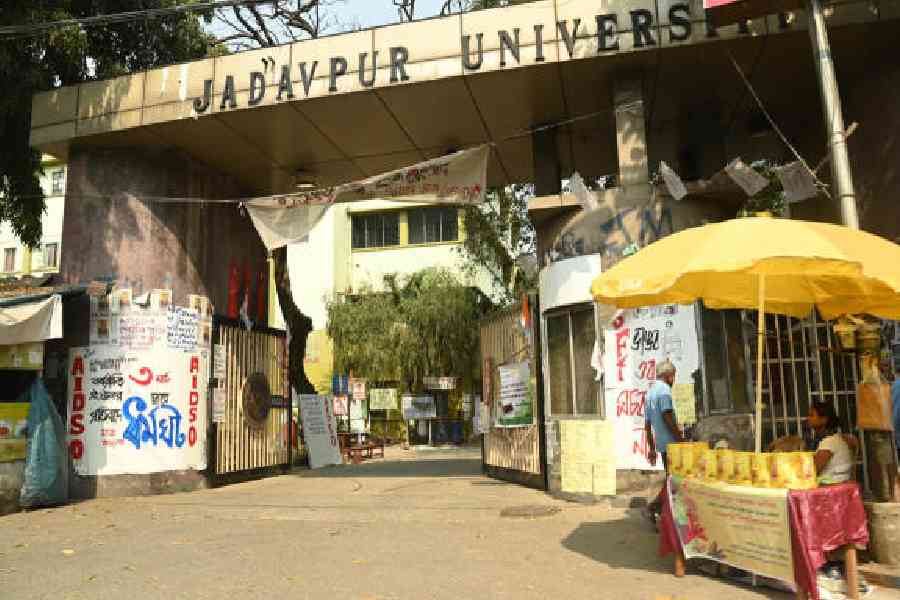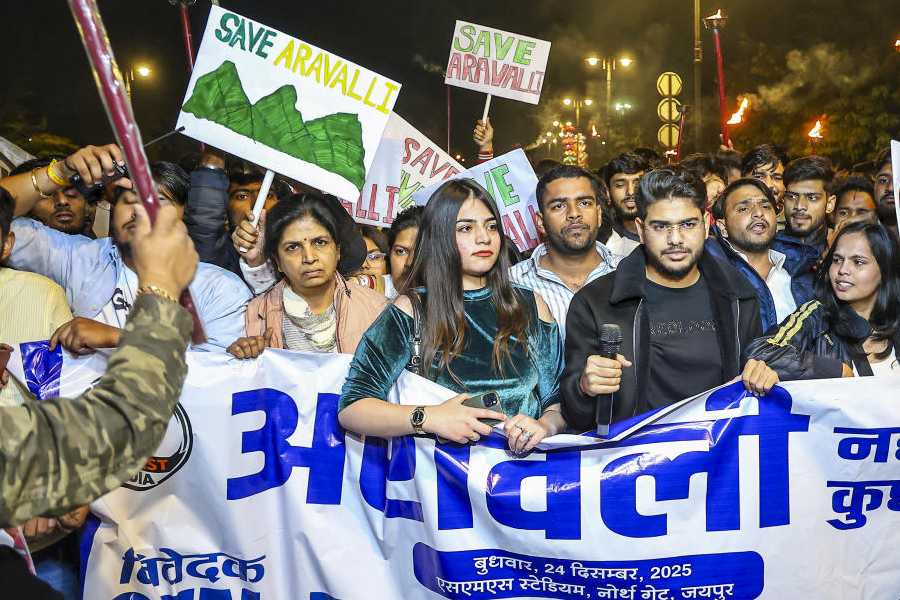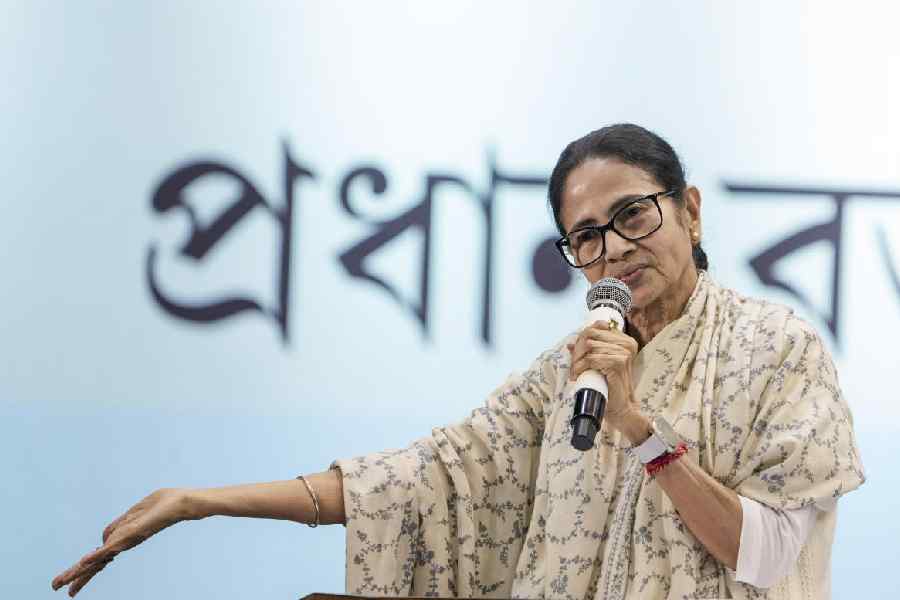New Delhi, Jan. 30: The British had got it wrong - and for over 200 years India played the obliging imitator.
Now the country's higher education regulator has decided to set things right, decreeing that the letter "n" in the word Sanskrit was a colonial-era baggage that can't be "n-dured" any more.
Henceforth, the University Grants Commission has said, it will be "Samskrit".
The UGC has already started using the new spelling. In a notice issued by chairman Ved Prakash on January 21, vice-chancellors or directors of 126 higher education institutions have been asked to send details of faculty engaged in teaching "Samskrit".
"The UGC is in the process of devising a scheme for further development and promotion of Samskrit teaching in the country. As part of this endeavour, the UGC, in order to coordinate the work of universities, proposes a database of teachers engaged in teaching and learning in Samskrit," the notice said.
Sources in the regulator said the changed spelling in the circular was not a typo but a deliberate - and emphatic - decision to correct a historical wrong. They said the UGC took the decision to use the 13th letter of the English alphabet after a 13-member panel - a coincidence, of course - on promoting the sacred language unanimously agreed that the change was necessary.
The committee, headed by former chief election commissioner N. Gopalaswami, felt that the letter "n" didn't reflect the " anuswarh" that is used when the word is written in the Devnagari script. The panel held a meeting on January 18 that the UGC chairman had attended.
Sanskrit scholar and Jnanpith award winner Satya Vrat Shastri said it was the British who got the spelling wrong. "The word has been spelt as Sanskrit by the British. We don't know the linguist or litterateur who spelt it that way but, for the last 200 years, this spelling has been accepted the world over," he said.
Shastri said the correct spelling should be "Samskrita" as the word has three components - Sam (the preposition), kr (the root), ta (the suffix) and an "s" between Sam and kr as "refinement".
In the Devnagari spelling, he said, the "m" becomes the anuswarh. "When written in English, 'm' reflects the anuswarh,not 'n'."
Professor Umashankar Sharma Rishi, who taught the language in Patna University, said it was correct that the word has the suffix ta. "I agree with Shastriji about the suffix. But Samskrit should be accepted as the correct spelling since people speak that way."
Professor Ramesh Bhardwaj, head of the department that teaches the language in Delhi University, said scholars were aware of the wrong spelling but no attempt had been made to correct the mistake.
"It's not possible to reflect the change in the literary texts already available. But henceforth," he summed up, "new publications would use Samskrit."











